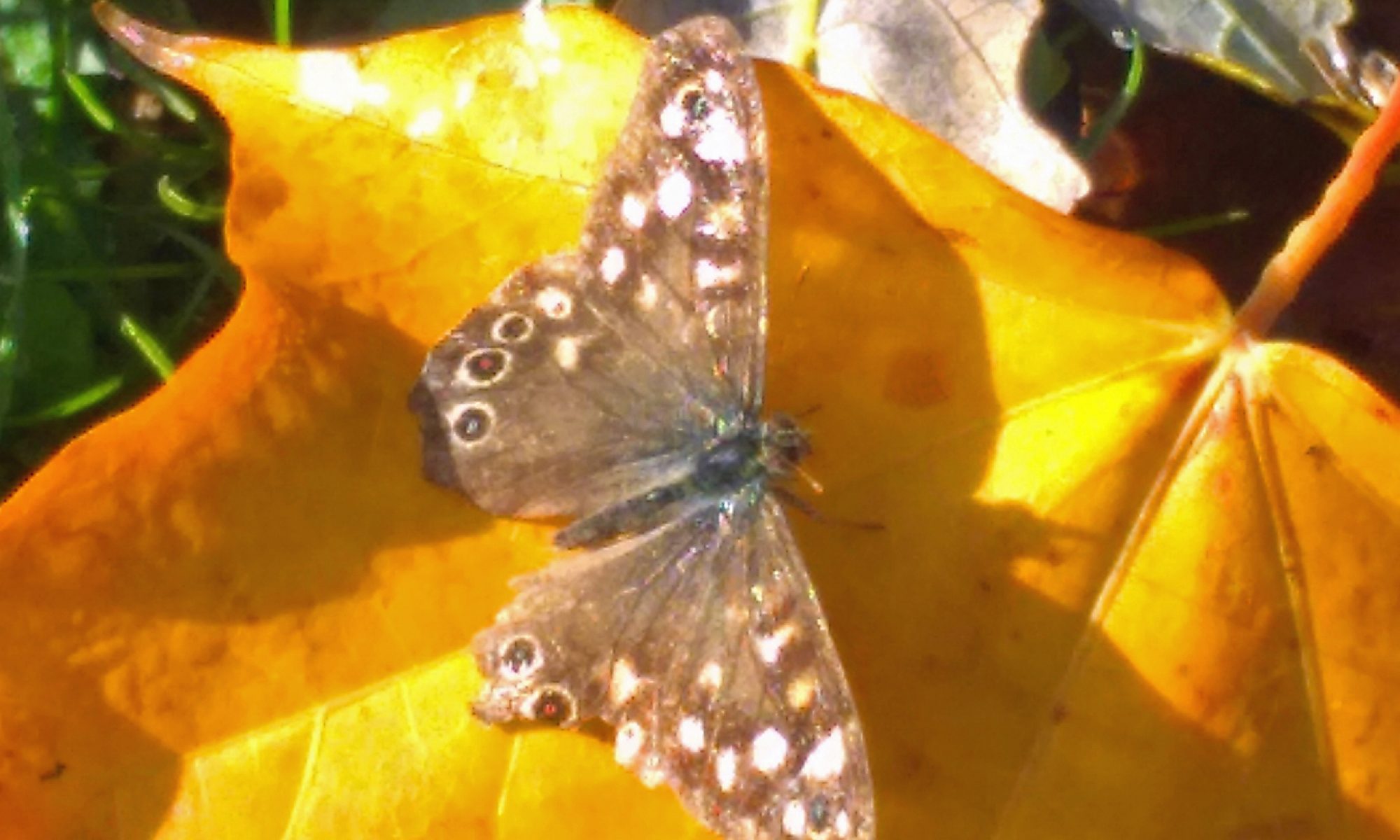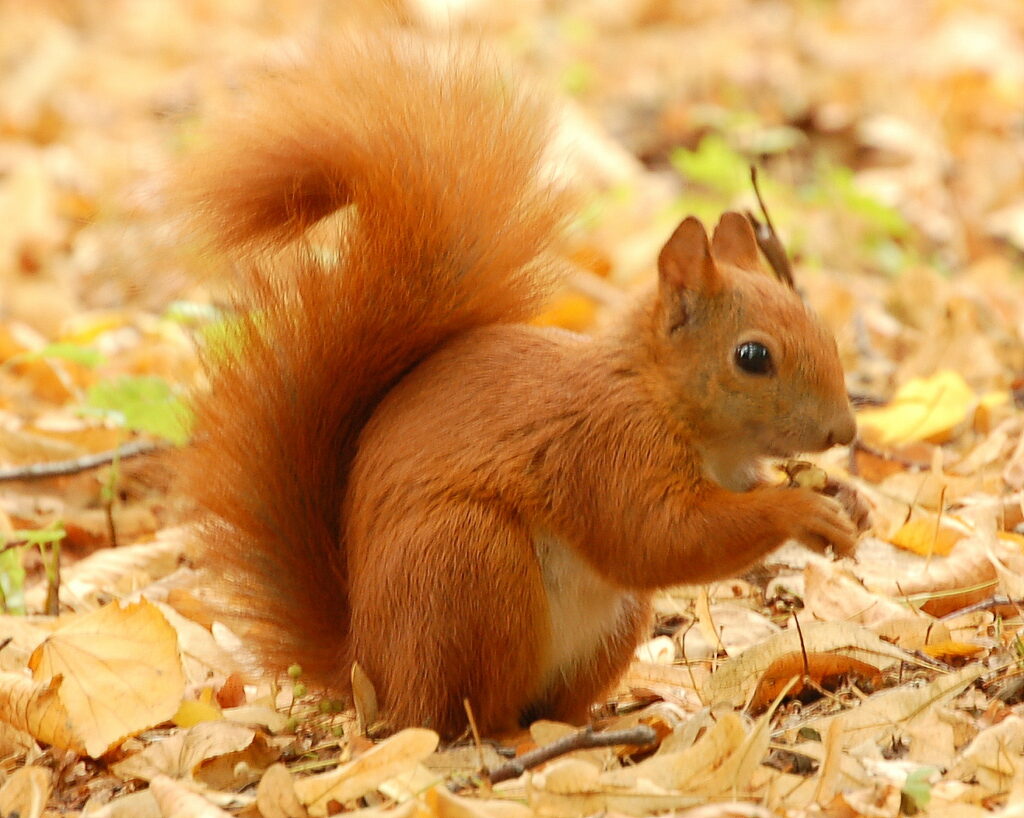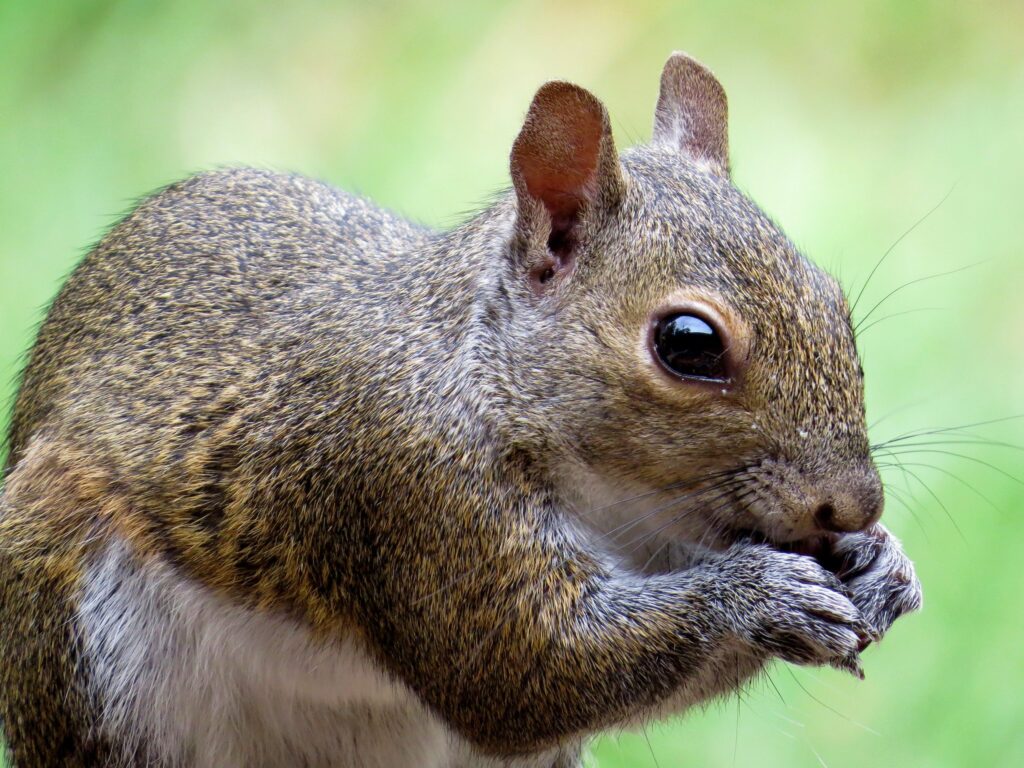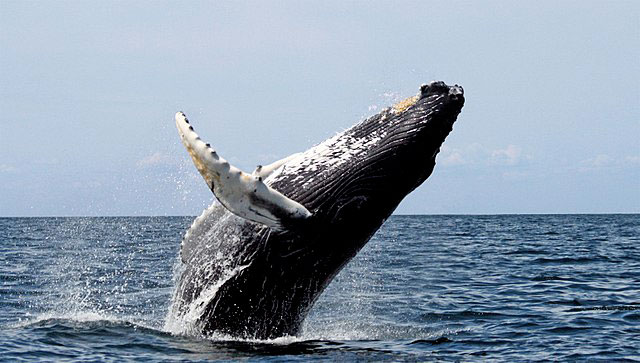The weather is warm and wet in Nowhere Wood.
These are perfect conditions for growing the fungi that spread everywhere throughout the soil of Nowhere Wood. Fungi are Nature’s recyclers, feeding on the fallen leaves, fruits and wood.

At this time of the year, the fungi are busy ‘ being’.

They produce structures that we call “mushrooms” **.
![]() Mushrooms are fruiting bodies. They produce thousands of tiny spores.
Mushrooms are fruiting bodies. They produce thousands of tiny spores.
Spores are small and light. They are carried on air currents to new places in Nowhere Wood, where they will germinate and grow into new hyphae.
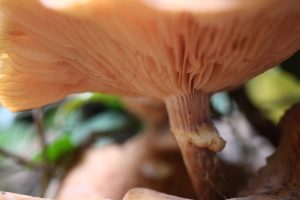

This is how it is. The precious molecules are used, recycled and become part of the growth of new organisms. Nothing is ever wasted.
- Nearly all of the atoms present on Earth when life began to evolve about 3.7 billion years ago are still found on Earth today. Many of them are found locked inside living organisms. Sooner or later, all of these organisms will die. Imagine what life would be like without Nature’s recyclers.
- You are a collection of recycled atoms. Think about how carbon atoms enter and leave your body. [Hint, carbon atoms are found in carbohydrates and in carbon dioxide.]
You can read more about ‘being and becoming’ here.
**Some mushrooms are good to eat, others are really poisonous and can kill us. It is hard to tell them apart unless you are an expert, so it is sensible not to touch or eat any mushrooms you find in a wood.
